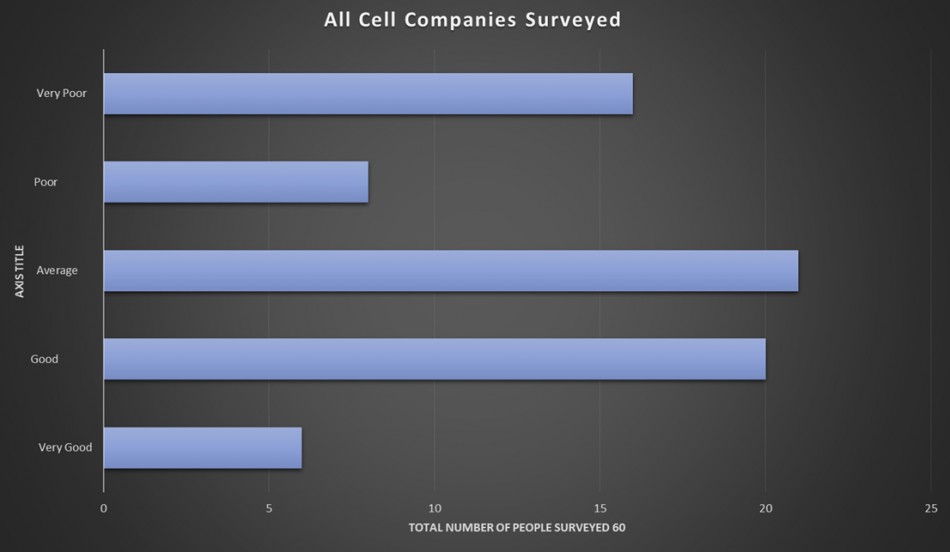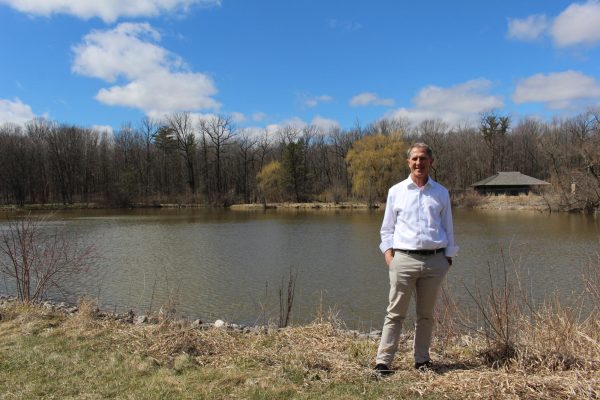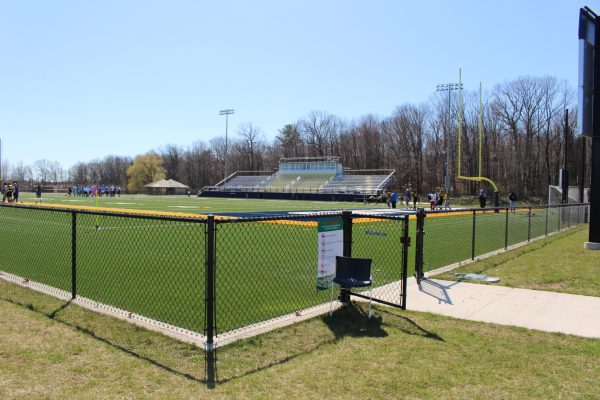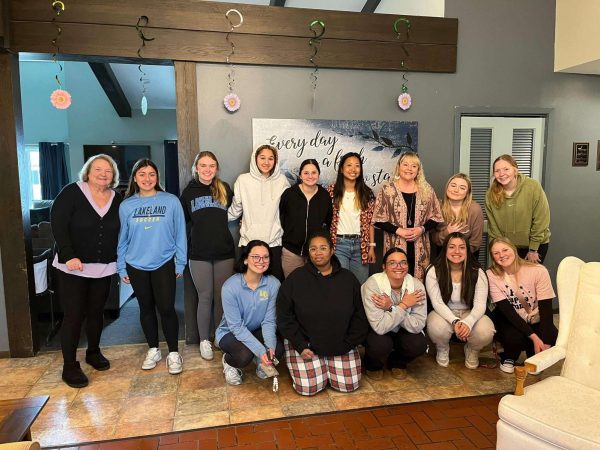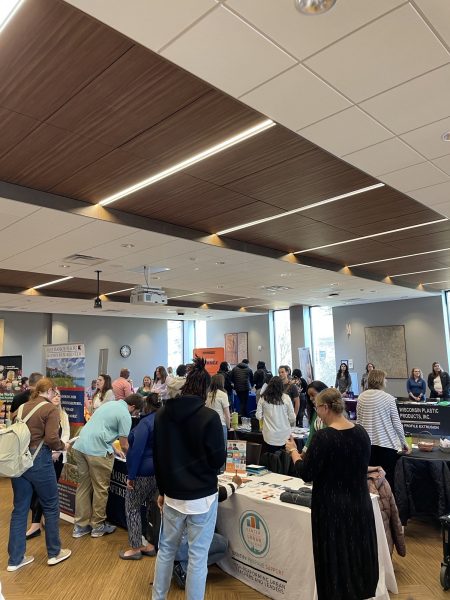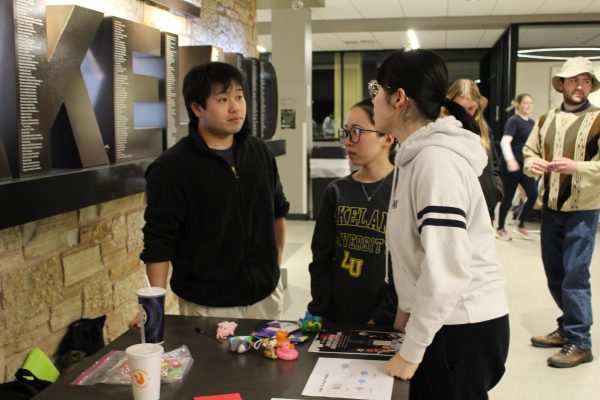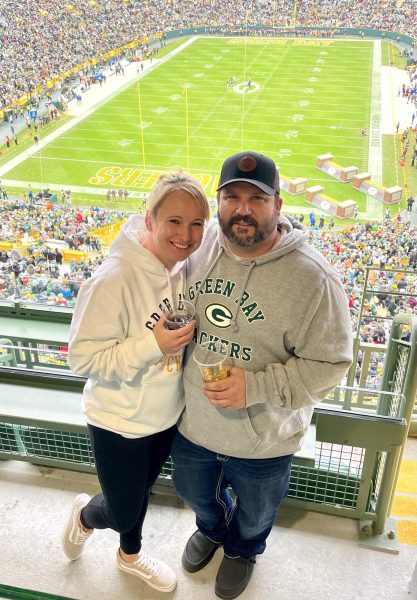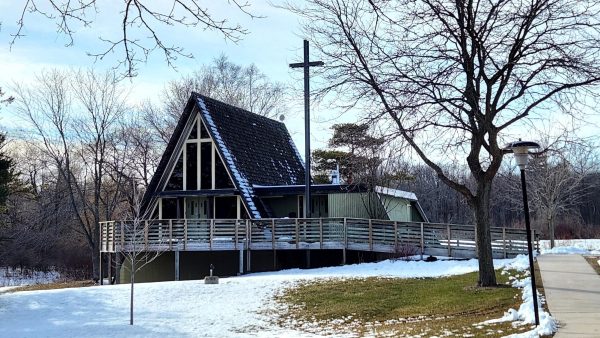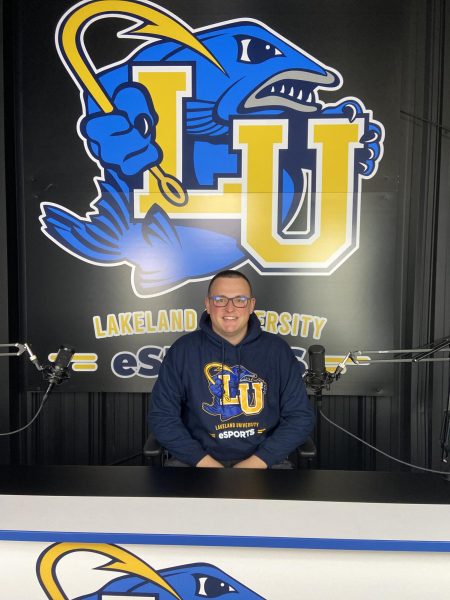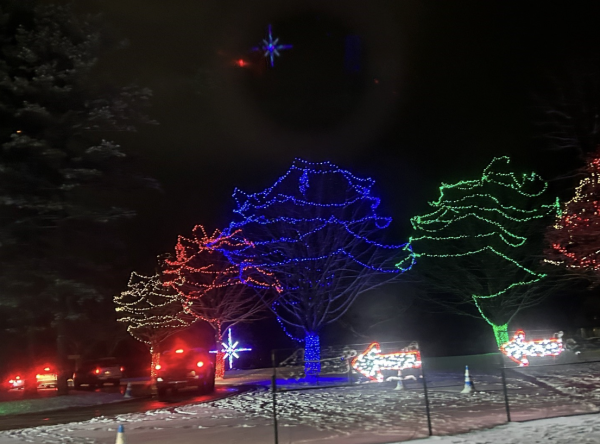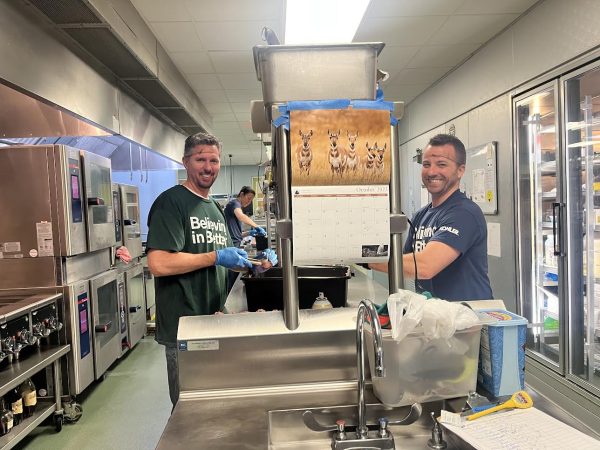Can you hear me now? Nope.
April 22, 2015
The Mirror did a randomized survey of 60 college students. We asked that students identify their cell phone carrier and their signal strength. The most highly rated carrier on campus was U.S. Cellular followed by Verizon Wireless.
According to students, the best companies are U.S. Cellular and Verizon Wireless and among the worst are Cellcom and T-Mobile in terms of cell phone reception.
“I never have trouble with U.S. Cellular, though you have to wait two years to upgrade, which I don’t like,” said Brandon Krauska, junior business major.
“AT&T and some of the others we have spoken to (have told us that) unless there is an increase in demand for (their) services out here, (they’re) not going to invest the dollars that it would take to put up additional towers,” said Richard Haen, senior director of facilities management and security.
According to Haen, there may be hope if you are a customer of AT&T. The company has filed for the ability to put up an antenna on a tower in Howards Grove. The antenna was scheduled to be put up this spring and may help with cell phone reception for students who have that carrier.
“I think in long range planning, the thought is that Lakeland needs to construct a water tower and then we would have a place for vendors to mount their antennas (which would help with reception),” said Haen. “Companies like Sprint and T-Mobile are more likely to rent space to put up an antenna or repeater on an existing structure than they are to erect their own structure.”
In the past, Lakeland had representatives from Communications Cabling and Networking (CC&N) come to the campus to give an estimate for adding a network of reception boosters to campus buildings. The cost that was given in the estimate was roughly $500,000.
The system would have simply been a relay for the signal that the antenna collects. Basically, the system would take in the signal of a given carrier and relay that signal, amplifying signal to students in campus buildings, so students who hardly get any signal would probably not see much improvement in their coverage.
Students should also keep in mind that the college does have a program with U.S. Cellular if they want to switch. The program will give students a better rate than what is standard.
“We have agreements with both U.S. Cellular and AT&T,” said Haen. “If you show your (student) ID when you walk in, I believe you get either 15 or 20 percent off.”
Cell phone reception problems are known by the college; however, they are not a priority at this time.
“It is a concern of the college, but when you pair it up with other issues we have such as buildings that need refurbishing and technology that is competing for those dollars, we have to make priorities,” said Haen.

